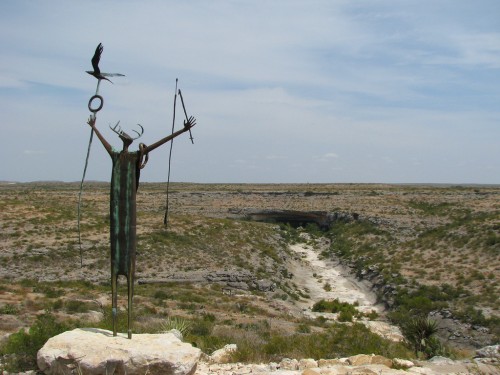 |
| Via www.cifor.org |
As attendees of the 11th Conference of Parties (COP 11) to the Convention on Biological Diversity (CBD) discussed how conserved areas can be increased from 12 to 17 percent of the earth's land to meet target 11 of the Aichi Biodiversity Targets by the 2020 deadline, some representatives argued that recognising lands sacred to indigenous communities could double the amount of protected land worldwide. Granting this status to areas conserved by indigenous communities would not only improve the conservation of land with immense biodiversity, it will also strengthen communities and help to keep them intact according to a recent blog post by the Centre for International Forestry Research (CIFOR).
The blog post cites the director of Natural Justice partner MELCA, Million Belay, who also feels that this recognition will strengthen and legitimise traditional knowledge. Bas Vershuuren, co-chair of the IUCN specialist group on cultural and spiritual values of protected areas and also a Natural Justice partner, said that through the recognition of sacred sites, conservation can be decentralised as opposed to the way it is currently practiced.
Read the full blog post here.




















.jpg)










